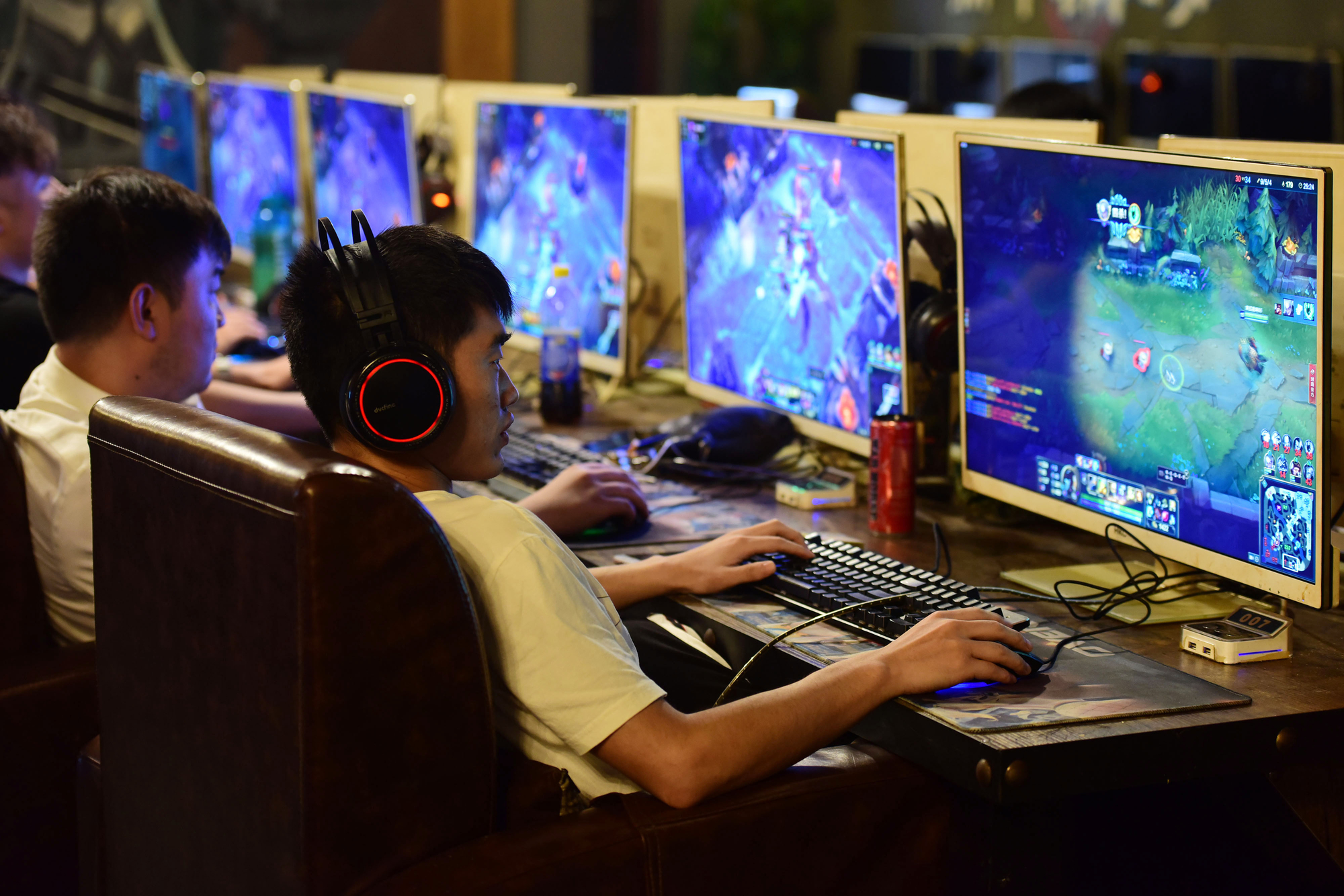Multiplayer games have transformed the gaming landscape over the past few decades. From local co-op experiences to massive online worlds, the evolution has been rapid and remarkable. The next frontier for multiplayer gaming likely involves more immersive virtual reality experiences, enhanced cross-platform play, and integration of artificial intelligence for dynamic gameplay.
The rise of online gaming has dramatically expanded the scope and reach of multiplayer experiences. Games now connect millions of players worldwide in real-time, fostering global communities and competitive scenes. This shift has reshaped the gaming industry, with many developers prioritizing multiplayer features in their titles.
Technology continues to push the boundaries of what’s possible in multiplayer gaming. Cloud gaming services are reducing barriers to entry, while improved networking infrastructure enables smoother online play. As these trends progress, multiplayer games will likely become even more accessible and sophisticated, offering players new ways to connect and compete.
The Historical Development of Multiplayer Games
Multiplayer games have evolved significantly since their inception, transforming from simple arcade experiences to complex online worlds. This journey spans decades of technological advancements and shifting player preferences.
From Arcades to Online Play
Multiplayer gaming began in arcades with games like Space Invaders and Pac-Man offering competitive two-player modes. These early experiences laid the foundation for future developments.
Home consoles soon followed, with Atari and Nintendo introducing local multiplayer options. Games like Mario Kart allowed friends to compete side-by-side on the same screen.
The rise of personal computers brought about Multi-User Dungeons (MUDs), text-based multiplayer games inspired by Dungeons & Dragons. These paved the way for more complex online interactions.
LAN parties became popular in the 1990s, with players connecting their computers locally to enjoy games like Doom and Quake together.
Key Milestones in Multiplayer Gaming
The launch of Ultima Online in 1997 marked a significant moment in multiplayer gaming history. It introduced thousands of players to a persistent online world.
EverQuest further popularized the concept of Massively Multiplayer Online Role-Playing Games (MMORPGs) in 1999.
World of Warcraft’s release in 2004 brought MMORPGs into the mainstream, attracting millions of subscribers worldwide.
The establishment of Xbox Live and PlayStation Network in the early 2000s standardized online console gaming. These platforms made it easy for players to connect and compete globally.
Modern multiplayer games span various genres and platforms, from battle royales to mobile titles. Cross-platform play is becoming increasingly common, allowing gamers on different systems to play together seamlessly.
The Current State of Multiplayer Gaming
Multiplayer gaming has transformed significantly in recent years. Technological advancements, competitive gaming scenes, and social interaction features have reshaped the landscape.
Impact of Modern Technology on Game Development
Game developers now harness powerful tools and platforms to create immersive multiplayer experiences. Cloud computing enables seamless online play across devices. High-speed internet and advanced networking protocols reduce latency, improving gameplay for fast-paced titles like first-person shooters.
Virtual and augmented reality technologies add new dimensions to multiplayer interactions. These innovations allow players to engage in more immersive shared environments.
Cross-platform play has become increasingly common. This feature lets users on different devices compete together, expanding player pools and fostering larger communities.
The Rise of Esports and Competitive Gaming
Esports has grown into a global phenomenon. Professional leagues for games like League of Legends, Overwatch, and Dota 2 attract millions of viewers.
Major tournaments offer substantial prize pools, sometimes reaching tens of millions of dollars. This has led to the emergence of full-time professional gamers and teams.
Streaming platforms like Twitch and YouTube Gaming play a crucial role in esports’ popularity. They provide accessible ways for fans to watch matches and follow their favorite players.
Traditional sports organizations and celebrities have invested in esports teams and leagues. This influx of capital and mainstream attention has further legitimized competitive gaming.
Community Engagement and Social Interaction
Multiplayer games now serve as social hubs. Many titles incorporate built-in voice chat, friends lists, and group features to facilitate player connections.
Games like Fortnite and Minecraft host virtual events and concerts, blurring the lines between gaming and social media platforms.
Discord and other communication apps have become integral to gaming communities. These tools allow players to organize matches, share strategies, and socialize outside of games.
User-generated content has gained prominence in many multiplayer titles. This empowers players to create and share custom maps, modes, and cosmetic items, fostering creativity and extending game longevity.
Innovations Shaping the Future of Multiplayer Games
Virtual reality, augmented reality, and cloud gaming are transforming multiplayer experiences. These technologies expand accessibility and immersion for players worldwide.
The Integration of VR and AR in Gaming
Virtual reality (VR) and augmented reality (AR) are reshaping multiplayer gaming. VR headsets transport players into shared digital worlds, enabling lifelike interactions. Friends can meet in virtual spaces, collaborating on tasks or competing in sports simulations. AR overlays digital elements onto the real world, creating hybrid experiences. Mobile AR games let players see virtual creatures in their surroundings, fostering social gatherings.
Game designers are exploring new ways to blend physical and digital play. Some VR titles incorporate real-world objects as in-game items. Others use AR to turn living rooms into battlefields. These innovations blur the lines between reality and game worlds.
Cloud Gaming and Accessibility
Cloud gaming services are breaking down hardware barriers in multiplayer games. Players can access high-end titles on smartphones, tablets, or smart TVs. This technology streams games from remote servers, eliminating the need for expensive consoles or gaming PCs.
Cross-platform play is becoming standard. Friends on different devices can join the same matches seamlessly. Cloud saves sync progress across multiple devices, allowing players to continue their adventures anywhere. Low-latency streaming reduces lag in competitive games, creating fair online environments.
Mobile gaming benefits greatly from cloud technology. Complex multiplayer worlds once limited to PCs now run smoothly on phones. This expands the potential player base for MMORPGs and other large-scale online games.












